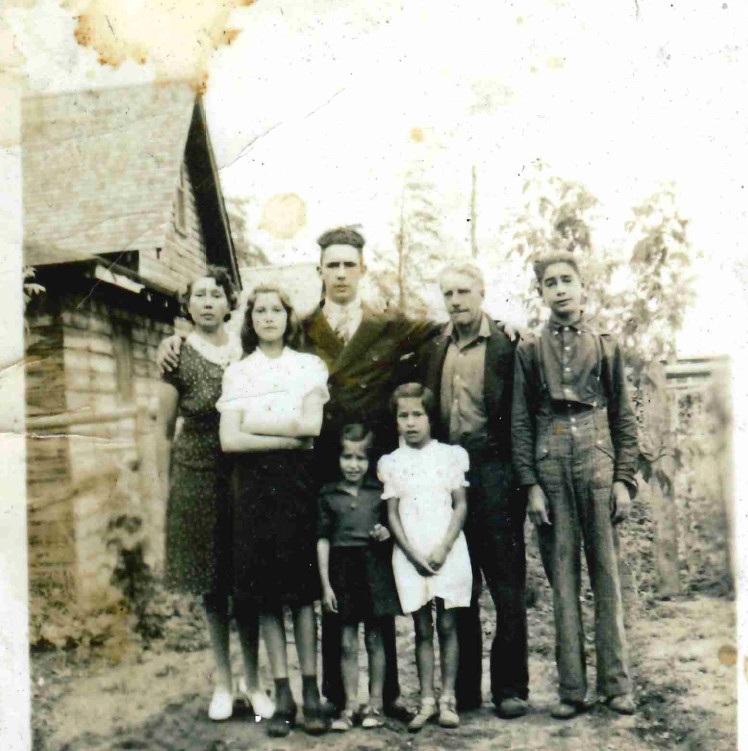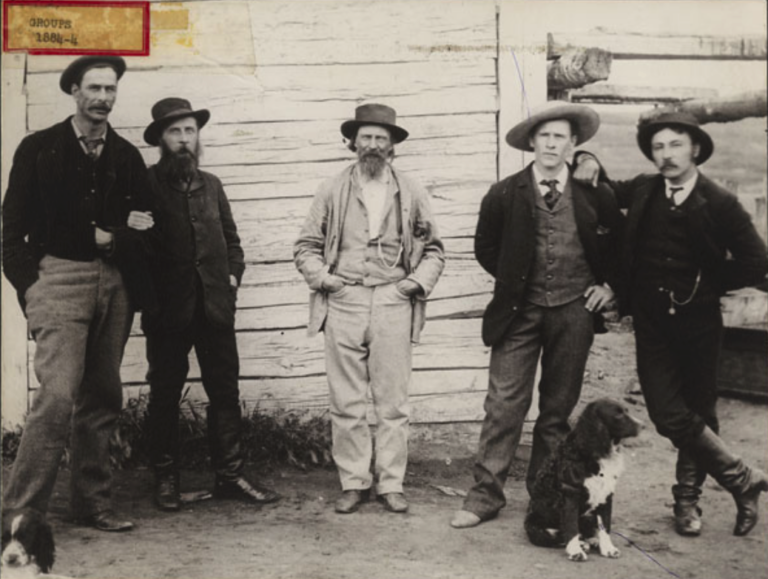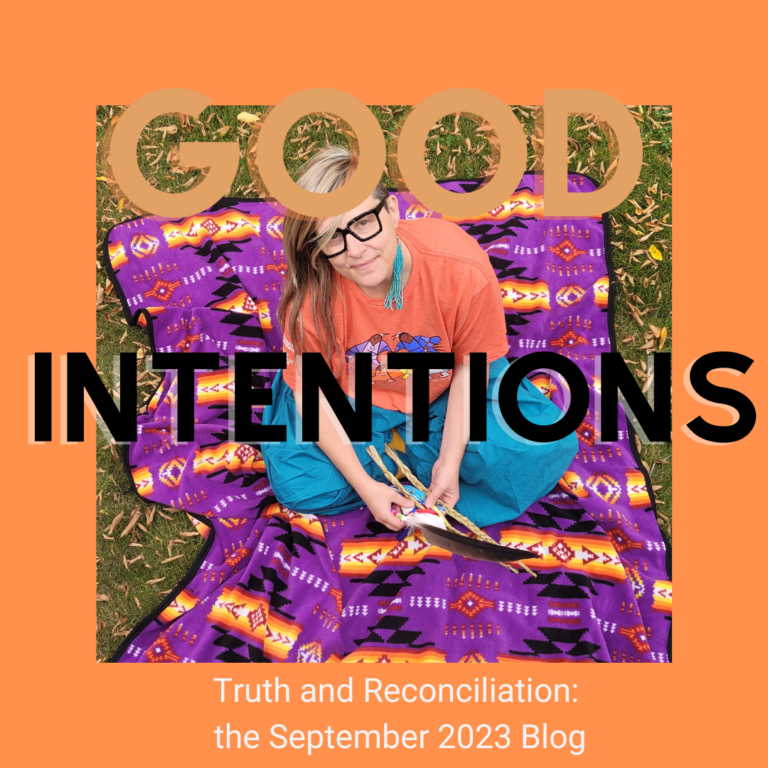Applying the Seven Grandfather Teachings to Canada’s National Day for Truth and Reconciliation: A Framework for Meaningful Engagement
Canada’s National Day for Truth and Reconciliation serves as a dedicated time to honour the survivors, families, and communities impacted by the residential school system—a dark chapter in Canada’s history that has enduring ramifications. The observance is also part of a broader mandate by the Truth and Reconciliation Commission to foster public dialogue around the colonial histories and contemporary challenges faced by Indigenous communities.
This blog post aims to elucidate how the Seven Grandfather Teachings, ethical principles originating from the Anishinaabe Nations, can be thoughtfully applied to the observance of this day. These teachings—Wisdom, Love, Respect, Bravery, Honesty, Humility, and Truth—offer a deep well of ethical guidance that complements the spirit of the National Day for Truth and Reconciliation.
1. Wisdom (Nbwaakaawin):
For meaningful observance of the day, there needs to be the wise use of knowledge to discern the nuance and complexity of the historical and ongoing impacts of residential schools. Educational forums, documentaries, and curated discussions could serve as platforms for sharing such wisdom.
2. Love (Zaagidiwin):
Love should be extended to survivors and their families, acknowledging their traumas and appreciating their resilience. Community gatherings and memorial events that foster emotional healing and unity can serve as an expression of collective love.
3. Respect (Minaadendamowin):
Respect for the distinct histories, cultures, and rights of Indigenous peoples is essential. Listening to Indigenous voices, honoring traditional practices, and acknowledging unceded lands can manifest this respect.
4. Bravery (Aakwa’ode’ewin):
Bravery is required to confront uncomfortable truths about Canada’s colonial past and present, which can lead to structural changes. Bravery is also required from survivors who may choose to share their experiences as part of the truth-telling process.
5. Honesty (Gwekwaadiziwin):
Honesty in acknowledging past wrongdoings, without attempts to minimize or revise history, is crucial. This could take form through public statements, educational reforms, and policy adjustments that ensure a more truthful representation of history.
6. Humility (Dabaadendiziwin):
The day should serve as a reminder for non-Indigenous people to approach reconciliation humbly, understanding that reconciliation is a process led by Indigenous communities and that allies should engage without overshadowing Indigenous voices.
7. Truth (Debwewin):
Being the cornerstone of the Truth and Reconciliation Commission, truth is also the bedrock of meaningful observance of the day. This is both an epistemological and ethical commitment to narrate history as it was and is experienced by Indigenous peoples.
The Seven Grandfather Teachings offer an ethical compass that deeply resonates with the essence of Canada’s National Day for Truth and Reconciliation. These teachings provide invaluable guidance not just for individuals, but also for policymakers, educators, and organizations committed to making the observance of this day a transformative experience for all. By adopting these principles, we step closer to realizing a vision of Canada where the dignity, history, and rights of its Indigenous peoples are unconditionally recognized and respected.





